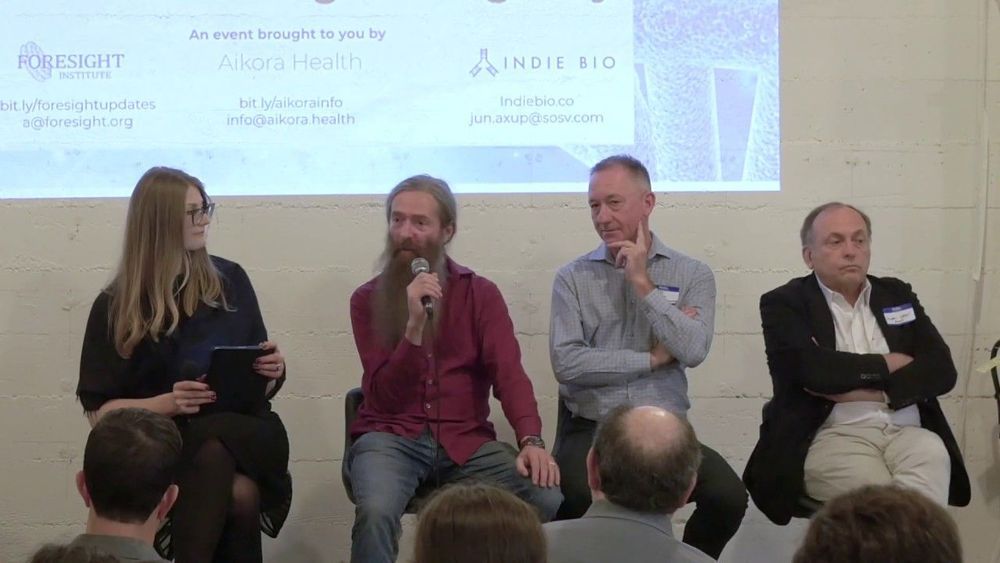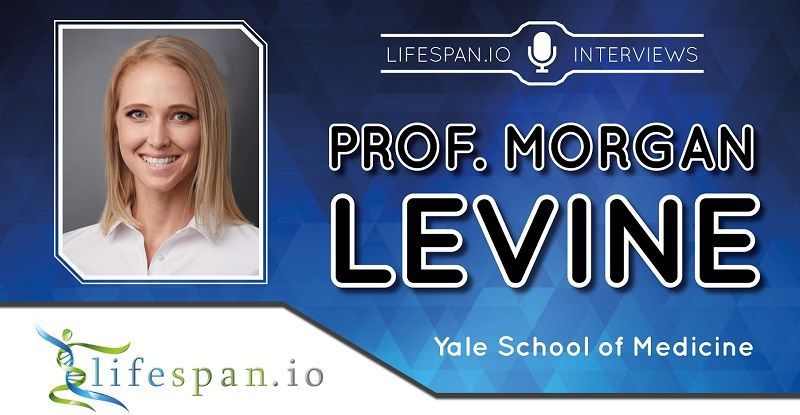I’m Dr Janni Lloyd. My interest in health formally began in 1973 when I commenced my medical degree at the University of Western Australia. I spent many years in General Practice with a special interest in the psychological and emotional aspects of health maintenance and disease creation. In 1994 I moved into Holistic / Alternative / Complementary health. In 1992 I began studying Healthy Longevity / Indefinite Life Extension and the philosophy of Physical Immortality from many different perspectives – spirituality/theology, holistic health, psychology, medical science and quantum physics.
The following essay/article combines many of these different viewpoints.
HEALTHY LIFE EXTENSION / PHYSICAL IMMORTALITY – THE MASS POSSIBILITY







